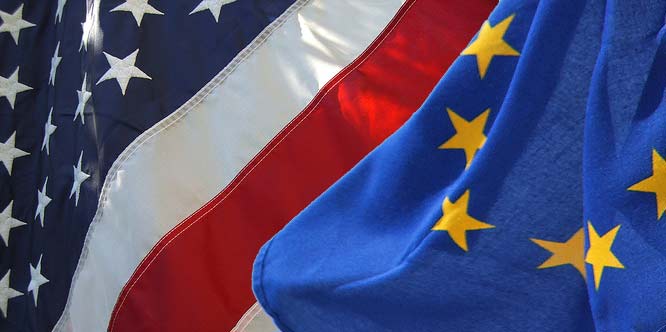Europe’s Nadir?
 “It is more than a little ironic that NATO has committed itself to defining a new strategic concept at precisely the moment the transatlantic relationship counts for less than at any time since the 1930s.” So begins an FT op-ed by CFR president Richard Haass.
“It is more than a little ironic that NATO has committed itself to defining a new strategic concept at precisely the moment the transatlantic relationship counts for less than at any time since the 1930s.” So begins an FT op-ed by CFR president Richard Haass.
I assess this argument in “Goodbye to Europe?,” a lengthy response piece at New Atlanticist, concluding that “Haass conflates urgency and importance.”
The format is the call-and-response technique commonly referred to as “Fisking” in the old days of the blogosphere. The crux of my argument, though, is here:
“Europe” remains an aspiration rather than a reality. But the countries of Europe, and especially the Big Three of the UK, France, and Germany, remain among the most important players in the world order.
The aggregate economy of the Eurozone, even in its current frazzled state, remains, depending on the momentary conversion rate and who’s doing the figuring, either slightly ahead of or slightly behind that of the United States. The next nearest competitors, Japan and China, aren’t even in the discussion. And they’re closely followed by: Germany, France, the UK, and Italy.
And, who, exactly, is going to replace NATO and its constituent members as “the default partner for American foreign policy”?
Much, much more at the link.
Europe’s nadir is embodied by Europe’s Nader: the commie Clegg in power in the UK.
Nice piece. I think we spent so much time and effort preparing for that Russian invasion, that we altered the makeup of the European militaries. They expected us to provide the heavy hardware. They were prepared for a defensive war, which never came. They just are not prepared, many of them, for expeditionary war on a large or prolonged scale.
Will the Euro crisis affect NATO? If so, how? I still sense a bit of reticence by some about Germany assuming full military activity. Am I misreading?
Steve